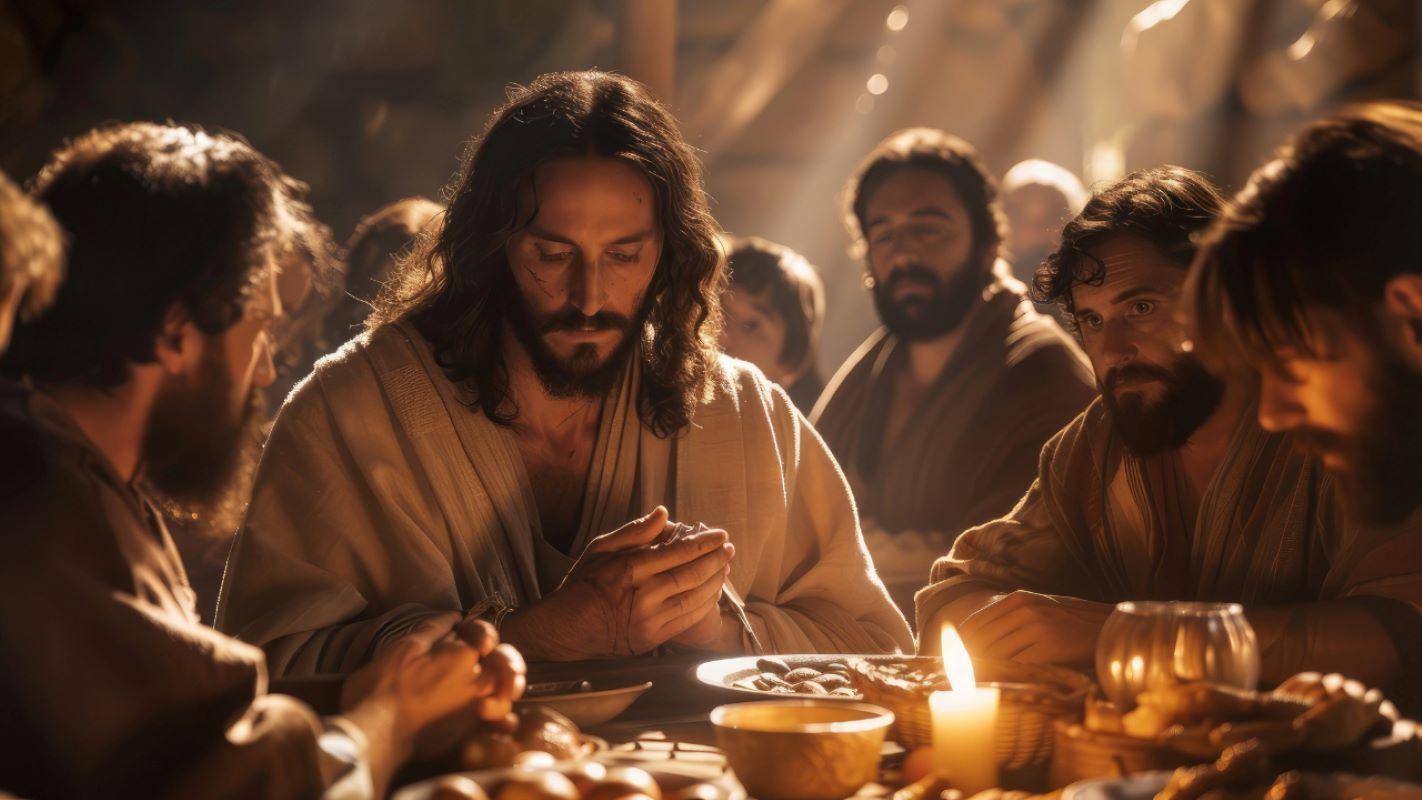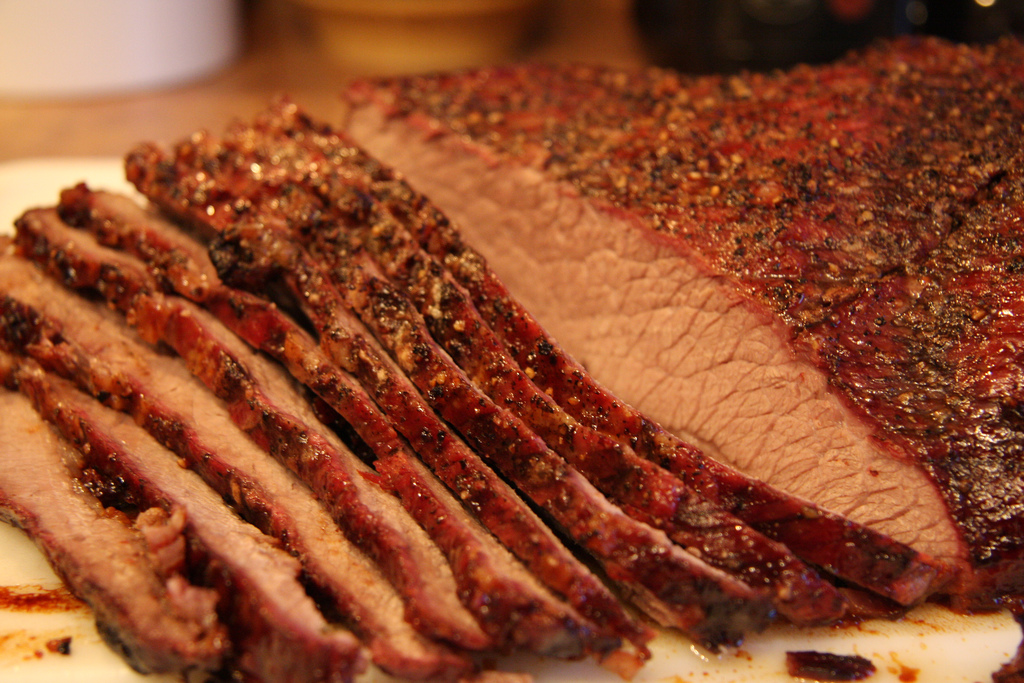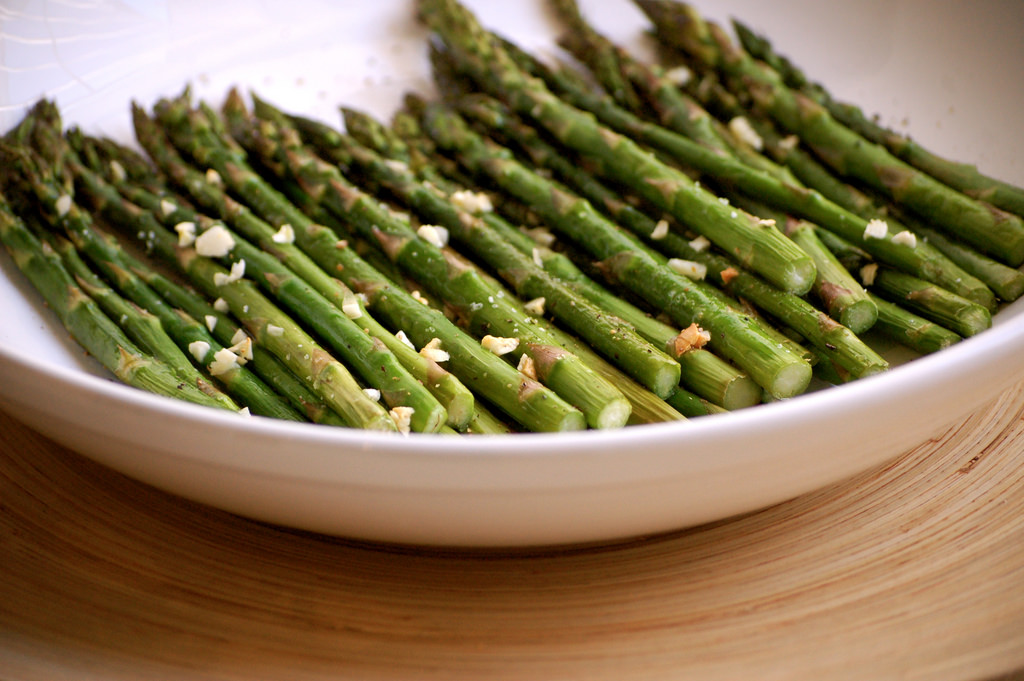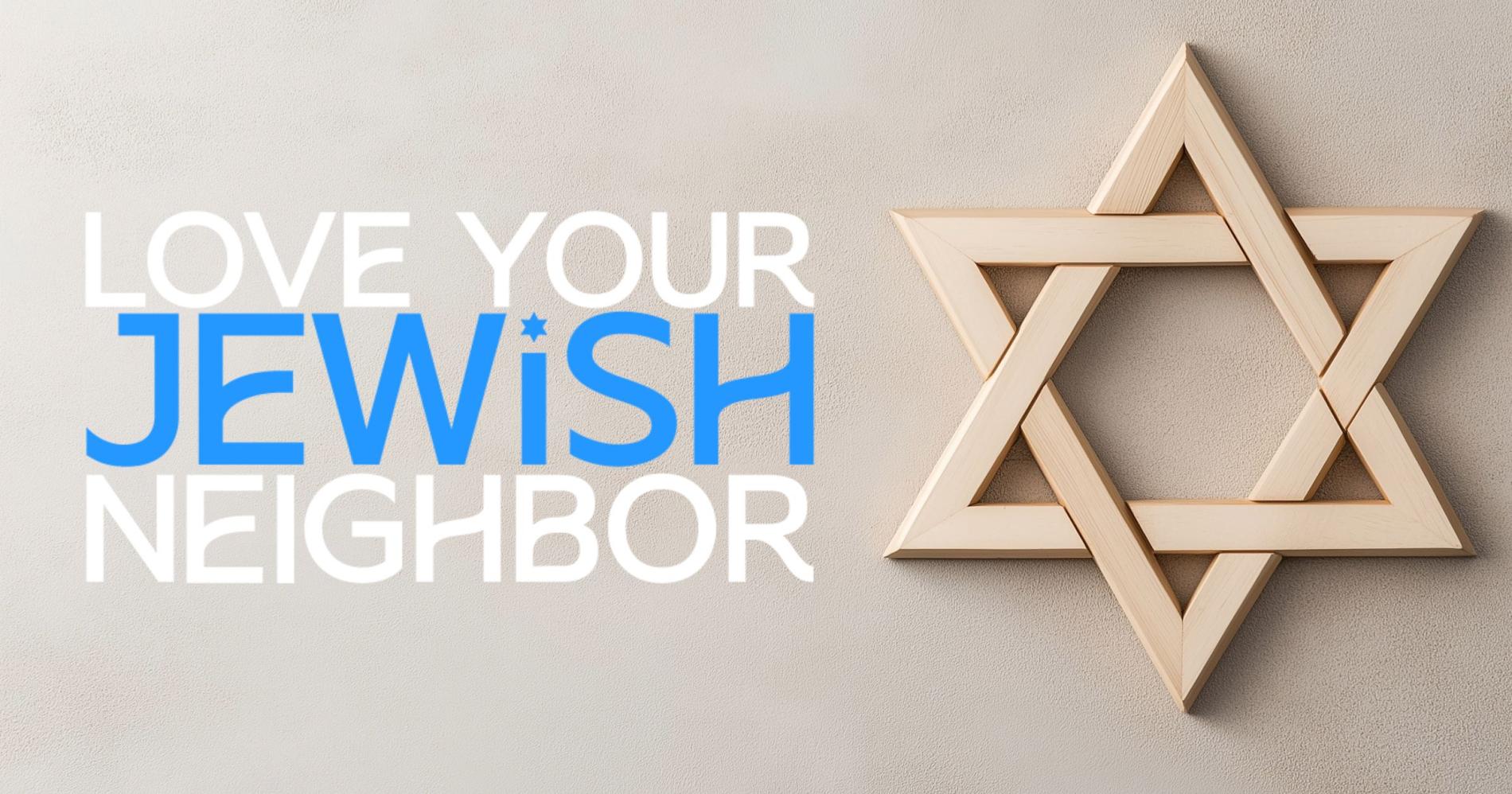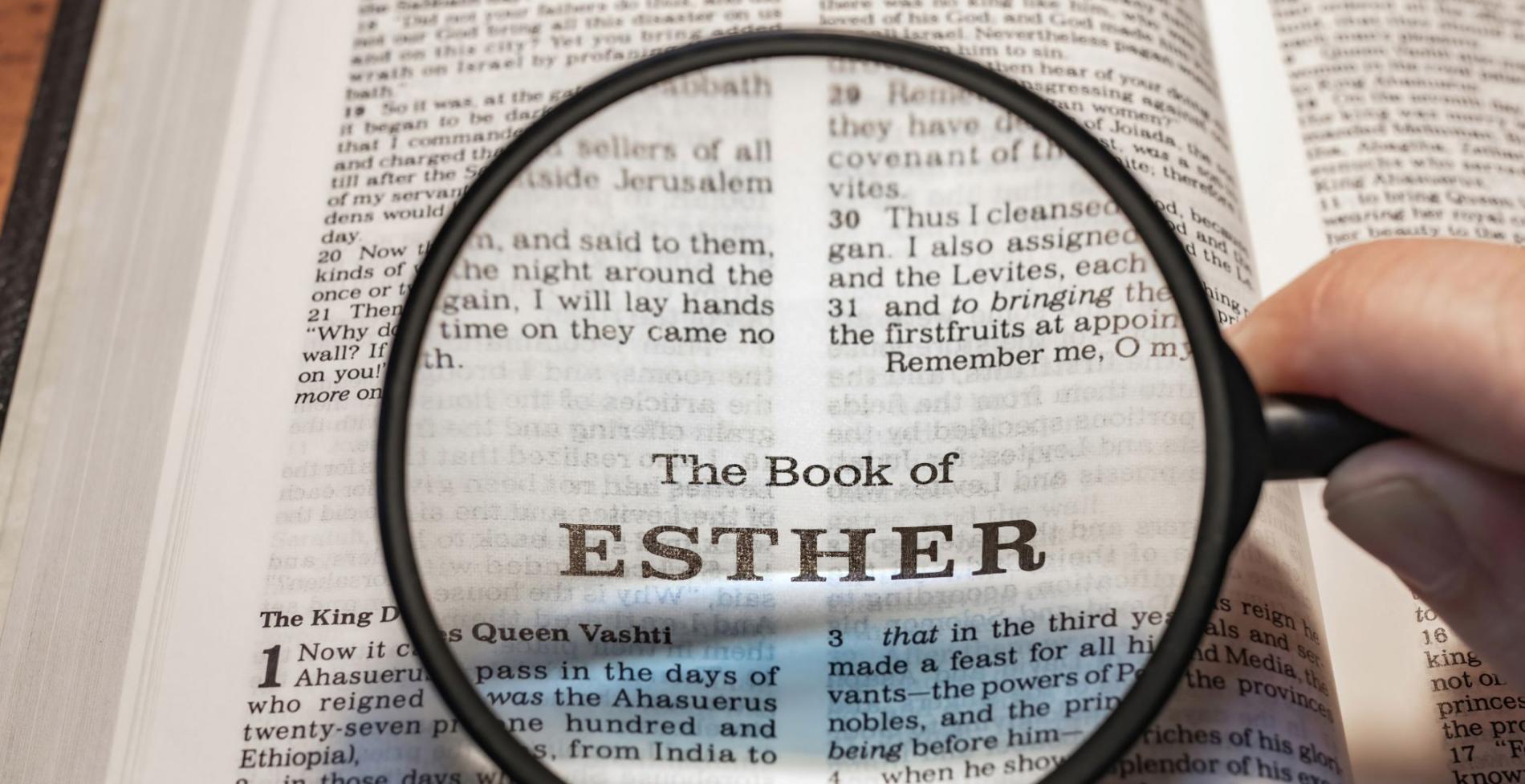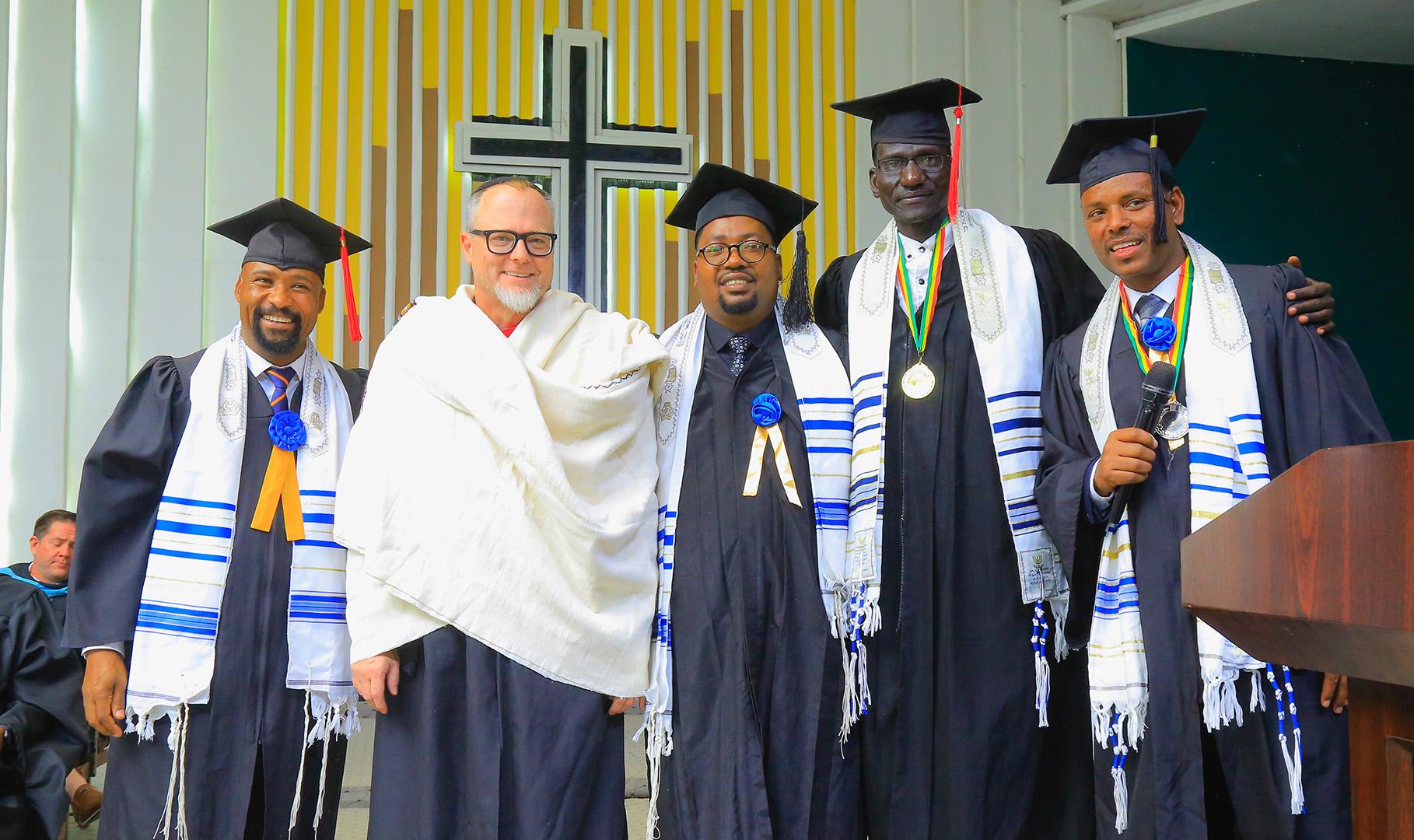We are so excited to be in South Africa! We’re about to begin our first full-scale Medical Clinic there. Although our Africa team is already on site preparing, our Outreach Partners and some of our staff are still traveling as this email arrives in your inbox.
We know excitement is not enough for a successful Outreach. That’s why your prayers are so important.
Ways to Pray
Here’s how you can pray focused prayers that hit the mark for this ground-breaking Outreach to the many Lemba Jewish people in this new-to-us area.
- Use these detailed DAY-BY-DAY Prayer Points to pray along with us throughout the week
- Commit to a specific time slot to pray from home during the Outreach. SIGN UP on our Prayer Schedule, referring to the dates below.
Here are some things you can pray for us about this Outreach in
Dikgale, South Africa | March 27 – April 6
Before the Outreach
The voice of one crying in the wilderness: “Prepare the way of the Lord; Make straight in the desert a highway for our God.”
— Isaiah 40:3 (NKJV)
Wednesday, March 26
- All preparations to be fully in place, such as VISAS, medical supplies, site readiness, team unity and community relationships
- Protection, health, safety and favor as our team and partners prepare and travel
- Spiritual forces of darkness to flee, making way for the King of Glory to come with salvation, healing, and deliverance as the Lord prepares the spiritual atmosphere and hearts to receive Him
Thursday, March 27
- All Outreach team members, partners and their luggage to arrive safely and on time
- Each participant to lay aside thoughts of what the week will look like and seek the Lord for how He plans to use them
- Quick adjustment to the new surroundings, food, culture, and time zone
Friday, March 28
- Unity and fellowship to be established and grow as the team and partners enjoy a wonderful Erev Shabbat meal together tonight
- A clear and inspiring welcome meeting
- A fantastic night’s sleep in preparation for an active week
Saturday, March 29
- A meaningful Shabbat service in the morning that will bring shalom and orient everyone’s hearts for the week
- Successful, clear, and anointed Clinic and Spiritual Care Ministry orientations today
- God’s angel armies to push back the forces of darkness, enabling the seeds of the Good News to go deep into good soil and bear lasting fruit throughout the week and beyond
During the Outreach
“The Spirit of the Lord is on Me, because He has anointed Me to proclaim good news to the poor. He has sent Me to proclaim freedom for the prisoners and recovery of sight for the blind, to set the oppressed free” (Luke 4:18).
Sunday, March 30
- The Lord to hand-pick the local workers who will work alongside us in unity; may their lives also be touched by the Lord
- A sense of anticipation, hope, and trust in the Lord as the Clinic opens for a half-day today
- May the community not only hear about the Outreach but come in large numbers starting today and continuing through the week
- The Lord to give our team wisdom and discernment regarding any local factors that we may need to navigate
Monday, March 31
- New partners to feel equipped and encouraged during the First-Time _Outreach Partner meeting tonight
- This first full day of the Outreach to go smoothly and, more importantly, be effective in treating bodies and transforming lives through the Good News of Yeshua
- The Zehra Kid’s Program to be ideally situated, fully staffed, and incredibly fruitful in drawing children and teens to God
Tuesday, April 1
- May the Spiritual Care Ministry be busy throughout the week with healings, deliverances, and salvations as the Lord moves in power through His Word and the Holy Spirit
- Spiritual anointing and physical stamina for those ministering in that area
- The new well Jewish Voice Ministries will drill to serve the community and be a source of fresh water and community health and well-being
Wednesday, April 2
- The medical and dental volunteers to provide effective medical and dental care; and for the Lord to bring healing, including supernaturally as a testimony of His power and love
- May the evening worship time with a South African worship leader be filled with the presence of the Lord, bringing renewal and refreshment to all team members
- May the Lord Himself be glorified by the worship and may the forces of darkness flee in response to Him being lifted high
Thursday, April 3
- On this last day of the Medical Clinic, which is only a half day, may those in greatest need of medical or spiritual care either be seen or spontaneously healed
- Safety in taking down and packing up the Outreach tents and equipment Calm to prevail as our staff pays the local workers; along with the financial benefit, may they also (and more importantly) leave with great spiritual blessings because of being exposed to the Good News and the ministry of the Holy Spirit
After the Outreach
“In all my prayers for all of you, I always pray with joy because of your partnership in the gospel from the first day until now, being confident of this, that he who began a good work in you will carry it on to completion until the day of [Messiah] Jesus” (Philippians 1:4–6).
Friday, April 4
- A sacred and welcome Shabbat at the end of a week of ministering out of love
- Joyous and inspiring testimonies as each participant reflects on and shares about all the Lord has done during the week
- May each one sense the Lord saying to them, “Well done, good and faithful servant!”
Saturday, April 5
- The Jewish people of this community to be profoundly blessed because of the Outreach and recognize it as evidence that the Lord sees and values them
- May they also have an enlarged sense of the significance of their Jewish identity and live it out with intention
- That the rest of the community would begin to see their Jewish neighbors as people not just to be tolerated but valued and appreciated. May they learn about the Lord’s heart for the Jewish people in a meaningful way and take it to heart themselves
Sunday, April 6 and beyond
- Safe travels home
- A special outpouring of grace for everyone who served by honoring the Lord and loving the Dikgale community through this Outreach
- Effective and timely follow-up to all who want to hear more about Yeshua as the Lord continues to establish His Kingdom in South Africa and develops healthy congregations, including here
- The Lord to continue working in this Limpopo Province of South Africa, bringing a great movement of His Holy Spirit among these dear people that spreads to other areas
Let’s Pray
Lord, we have asked, sought, and knocked for years, praying to do a full-scale Outreach in South Africa. You, and You alone, have opened the doors. Help us walk through them in awe and humility, completely trusting in You to do miracles, signs, and wonders everywhere we turn. Help us to love the wonderful people of Dikgale and see their lives changed by Your love and power. In Yeshua’s name, Amen.




